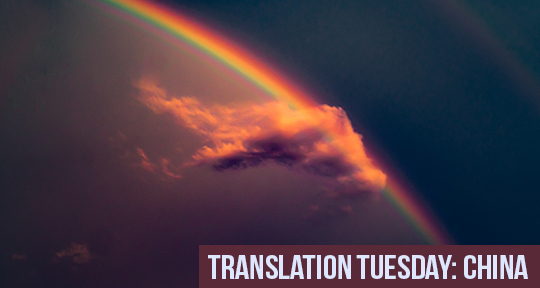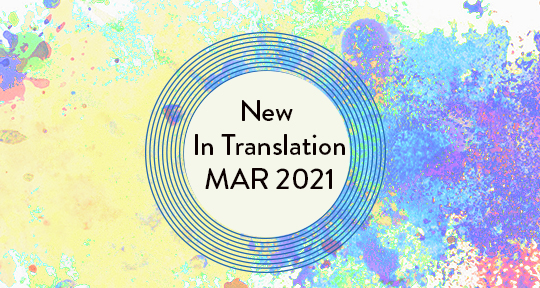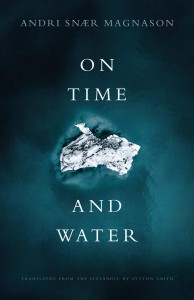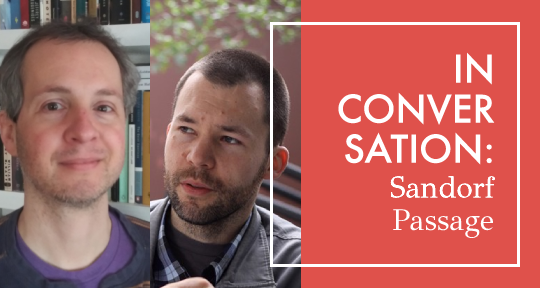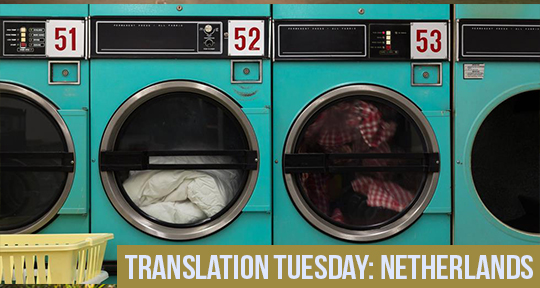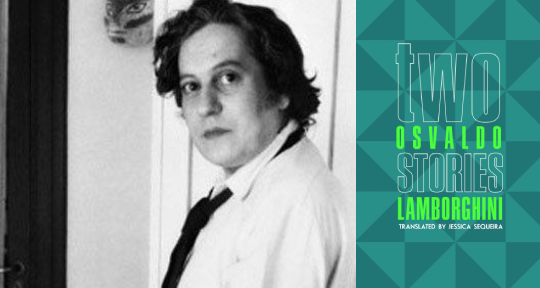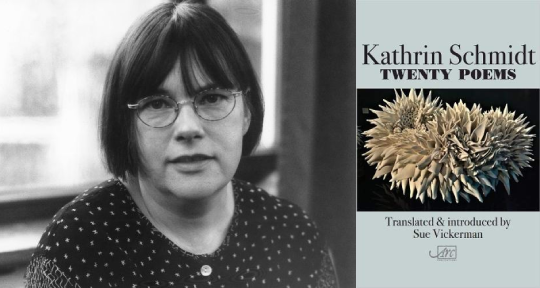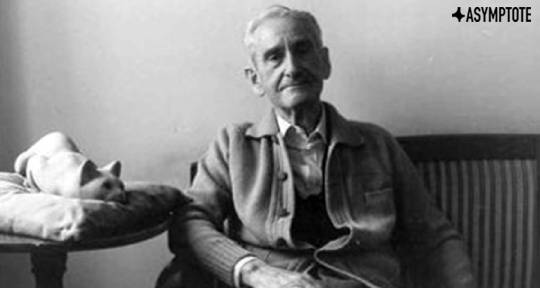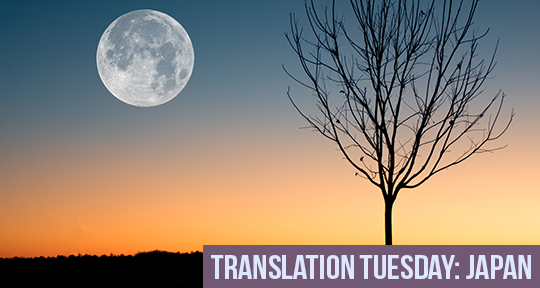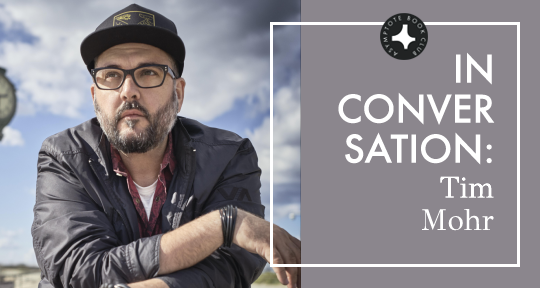Sandorf Passage is a new independent nonprofit publishing house, whose first titles have been launched this month. Its founders, American Buzz Poole and Croatian Ivan Sršen have both previously worked as editors and obtained EU funding to bring works from the former Yugoslavia into English. Sandorf Passage focuses on “writing inspired by both conflict zones and the dangers of complacency.” Their first title, From Nowhere to Nowhere, by Bekim Sejranovic was published at the beginning of March. Now, with their second, Vesna Maric’s The President Shop released yesterday, and two more books due for release next month, Blog Editor Sarah Moore spoke with the founders of Sandorf Passage about the importance of translated works and what to expect from their titles.
Sarah Moore (SM): How did you both come to editing?
Buzz Poole (BP): I was a lifelong reader, studied literature in college as an undergraduate and then graduate student at San Francisco State University, where I got involved with a handbound letterpress literary journal called Em. At the time it was a hotbed of indie lit journals. I moved to New York, got a job as editor at Mark Batty Publisher (MBP), and moved on to be Managing Director of Black Balloon Publishing, which is now an imprint of Catapult—that’s where my story and Ivan’s started to merge. We had met at the Frankfurt Book Fair when I was at MBP and hit it off. Ivan was there as an agent and translator, and at the time we thought that we might try to do something, though it never quite worked out. Then fast forward to Black Balloon. I saw Ivan and said, “Hey, I’m acquiring fiction now—what have you got?” And he had Robert Perišić’s Our Man in Iraq, which was critically acclaimed and unlocked the floodgates in terms of our continuing collaborations.
Ivan Sršen (IS): During my studies I started working in a small bookstore that was owned by a small publishing house in Zagreb. I was just a twenty-year-old student, watching all these great authors and translators coming into our small bookstore. Being part of that collective was very important for me and shaped my view of the business of publishing and what editing really is. It’s a lot about communication: knowing the people, what they are looking for, what they have to offer, and where their horizon is spreading. I was lucky enough to get a job as an intern editor working on music books, which launched me into the world of creative publishing—a small scene but very diverse, with the legacy of former Yugoslavia. Many big writers came from Yugoslavia, like the Nobel Prize winner Ivo Andrić, and I wanted to pursue a literary editing career. So I worked with a few publishers until, in the end, I realised I would have to start something on my own. That’s how I started Sandorf in 2008—basically without any savings and on the verge of the world economic catastrophe! So those were interesting years, but that’s the time when I met Buzz. I always knew that I wanted to go beyond the borders. Not just national borders, but all kinds of borders—imaginary, mental—and in working with books there are a lot of mental borders that writers and translators are crossing every day. I think publishers also have to do that.
SM: So how did Sandorf become Sandorf Passage?
BP: We’re very similar and we both have the desire to be as self-sufficient as possible and to do things the way we want them done. The Our Man in Iraq project was the first stepping-stone in this becoming something more official. Ivan was representing Robert as his agent and the book had already been published in a UK English-language edition so I had the benefit of being able to read it. When I read it, I liked it, but immediately said—with my editor’s cap on—that it needed to change and could become so much better. Robert and Ivan were open to that, and that’s the reason why the book got as much attention as it did; it’s a better book now, having received a more thorough edit than it had received originally in the Croatian or in the UK edition. This opened the door to its potential. Then Ivan and Robert were given funding from the Croatian Ministry of Culture to start a literary festival called Lit Link, which still exists. We started being able to invite international writers and editors to Croatia to meet Croatian authors. For the first project, Journey to Russia, Ivan was able to secure some funding for a Croatian domestic English-language edition that I worked on with Ivan and Will Firth, the translator. Then at an ALTA conference in Minneapolis three years ago, Ivan and I were both there. Sandorf had gotten to a very good place so we thought, what if we did a US imprint? And here we are. We got a grant from the EU to provide subsidies for bringing writing from the former Yugoslavia into the English-language market.
IS: Yes, having these four books that are now coming out, buying the rights for them, and discussing them with Buzz marked the beginning of Sandorf Passage. I already had the rights for late Bekim Sejranović’s novel From Nowhere To Nowhere. Then Vesna Maric sent me her new manuscript, The President Shop. And we had Journey to Russia, already translated by Will Firth and published by Sandorf in Croatia in English. So with these three main books in English, we agreed that we had to continue—we couldn’t say no! It’s great when you start a new independent publishing project because you can really enjoy the books and dedicate your time to each title. That’s what it’s all about in publishing: having time to work on the books, to take care, and to discuss them with the author. READ MORE…

